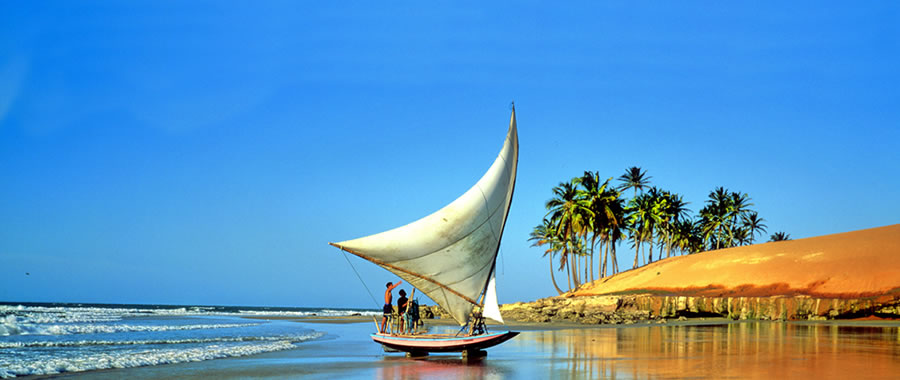TAKING STOCK OF BRAZIL
By: Merryn Somerset Webb, Saga Magazine June 2008
We all know that food is getting more expensive by the day. Butter prices are up 42% over the past year and cheese prices up 30%, while the fast-rising wheat price has pushed the cost of a loaf of bread up from well under £1 a year ago to more like £1.20 now
Overall, according to figures from www.mysupermarket.com, the price of the average basket of food is up 12% over the past 12 months. And this is no short-term trend. With rising demand for food - and the world's new enthusisam for biofuels gobbling up any spare grain - prices are likely to keep rising for some time to come. For the first time in years, beinga farmer isn't necessarily a bad thing.
But if you aren't a farmer, how can you participate in the boom in agriculture? By investing in one of the world's greatest food producers, Brazil. It has two things the rest of the world wants - a plentiful supply of fertile land and a huge amount of fresh water (thanks largely to the Amazon Basin). These have combined to make it the largest supplier of a huge range of soft commodities, from sugar cane and coffee to beef and chicken.
Brazil also uses its fertile land to fuel its cars (it has long been producing ethanol made from sugar) and its water to light its homes - 80% of its electricity comes from hydropower. Brazil is also blessed with huge reserves of the hard commodities so much in demand from India and China - it is the world's largest producer of iron ore and has good deposits of uranium, nickel, gold and platinum. It also appears to have oil: Brazilian oil giant Petrobas found a field of light crude oil just off shore last year. It is not yet extracting it but if the deposits are as large as some think, Brazil could end up in the same sort of oil-exporting league as Venezuela.
Add all this up and it is no surprise that while most developed economies are in terrible shape, Brazil is not. It is running a trade surplus of around $40bn a year; its GDP is growing at more than 5% a year; and it does not appear to have the horrible debt problems much of the rest of the world is grappling with. Putting money into Brazil is far from risk-free - it seems unlikely that any stock markets can ever be immune from the troubles in the USA - but the fact that it has such huge exposure to both agriculture and energy probably makes it worth putting a little into.
By May, while most other European and US markets were down 5-10% or more, Brazil's main stock market index was up over 6%. The best and cheapest way to get in is to buy shares in the iShares MSCI Brazil exchange traded fund - these trade like any other shares and can be bought through your stockbroker.

